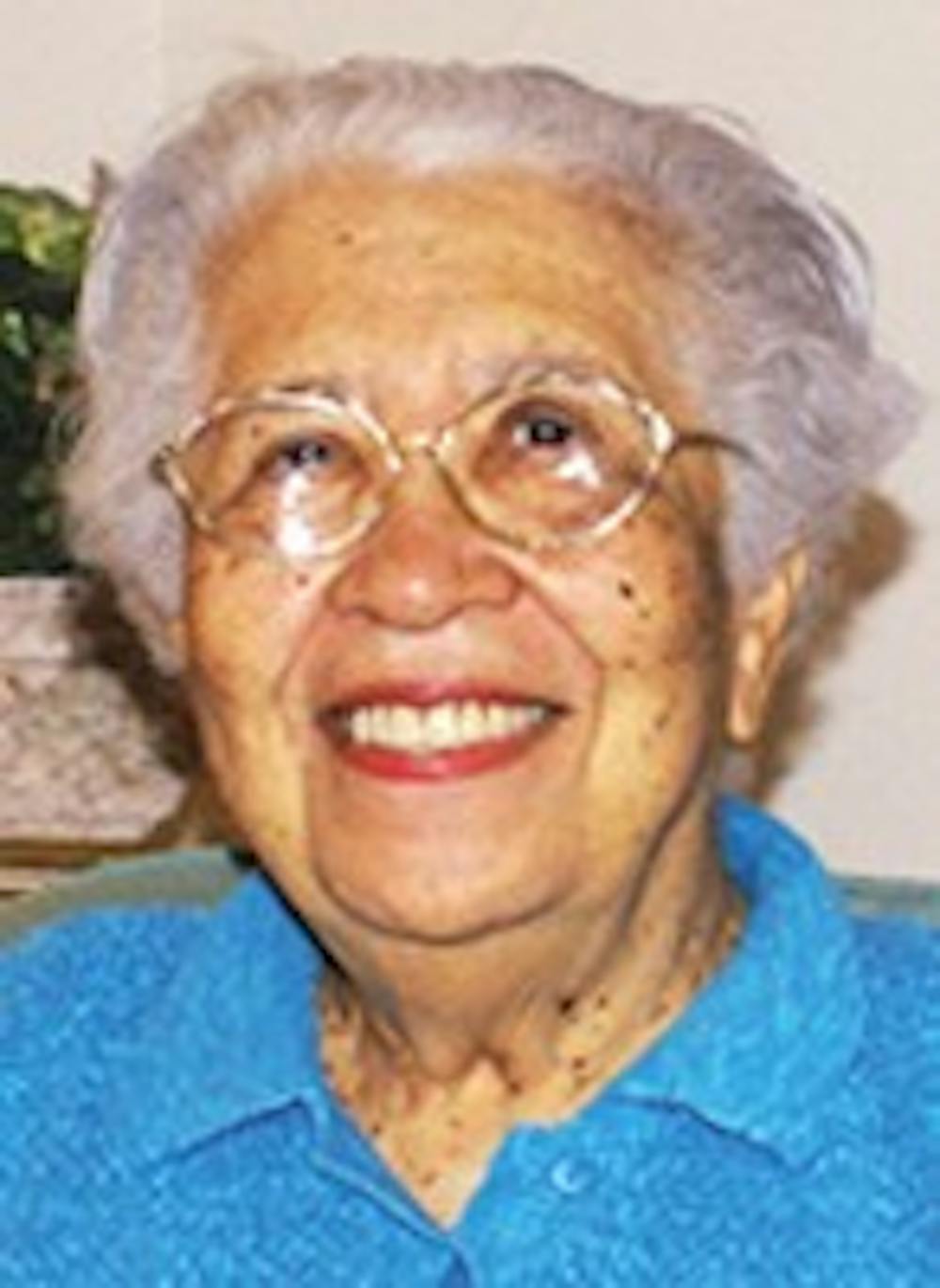In the fall of 1966, the University underwent a significant transformation when former professor Hortense McClinton joined the School of Social Work as the first black faculty member to be hired at UNC.
Today from noon to 1 p.m. at the Tate-Turner-Kuralt Building, McClinton will be joining faculty, graduate and undergraduate students in the “Lunch and Learn Workshop” to discuss her experiences and evaluate the University’s strides toward diversity.
McClinton was hired at UNC about 11 years after the first black students joined UNC. Ralph Frasier, LeRoy Frasier and John Brandon were admitted in 1955.
On Monday, McClinton spoke with The Daily Tar Heel about those experiences and her ambivalence toward her significance in the history of the University.
DTH: How does it feel to be the first black faculty member?
Hortense McClinton: It doesn’t feel any way to me. It was just a thing.
I don’t have any feelings about it.
DTH: Do you feel like you have accomplished something great by being the first black faculty member at UNC?
HM: I felt like I did the best I could but other than that, I was just a faculty member and I was there for 18 years. I was 66 years old when I retired and I’m 92 now, so I’m just like any other human being.




